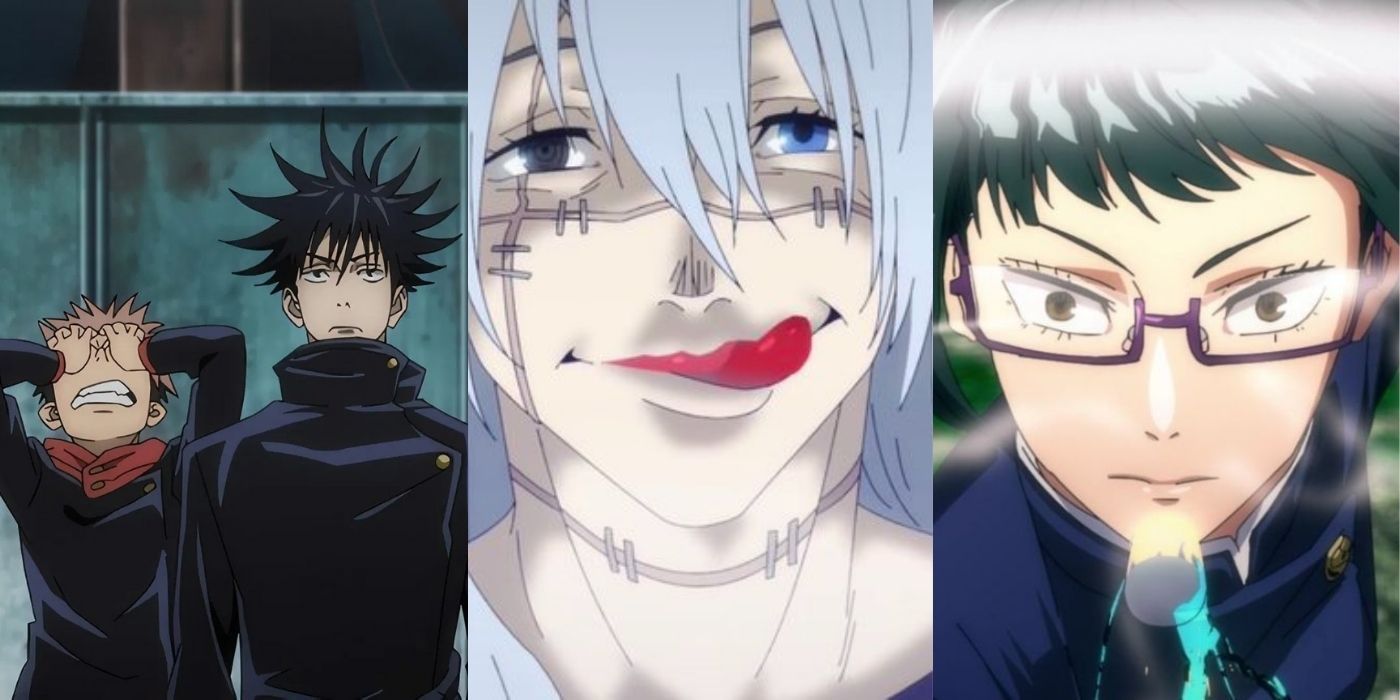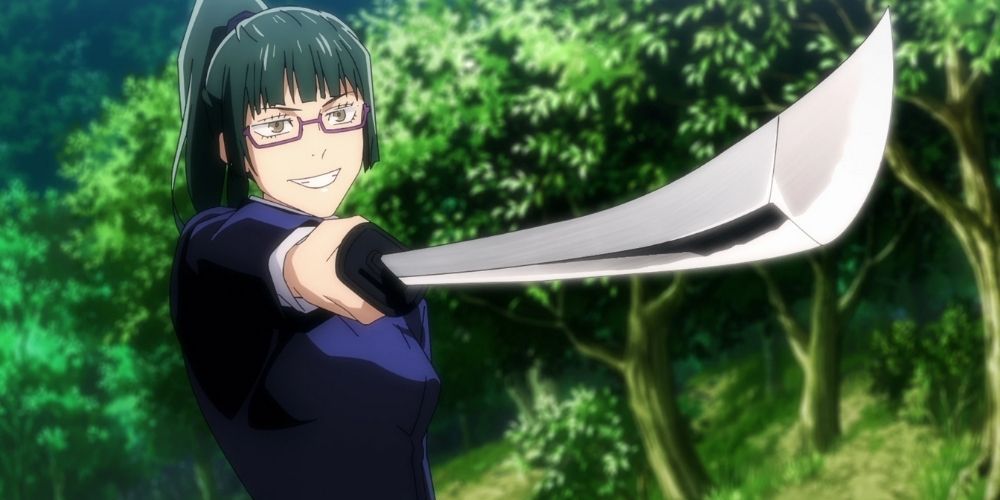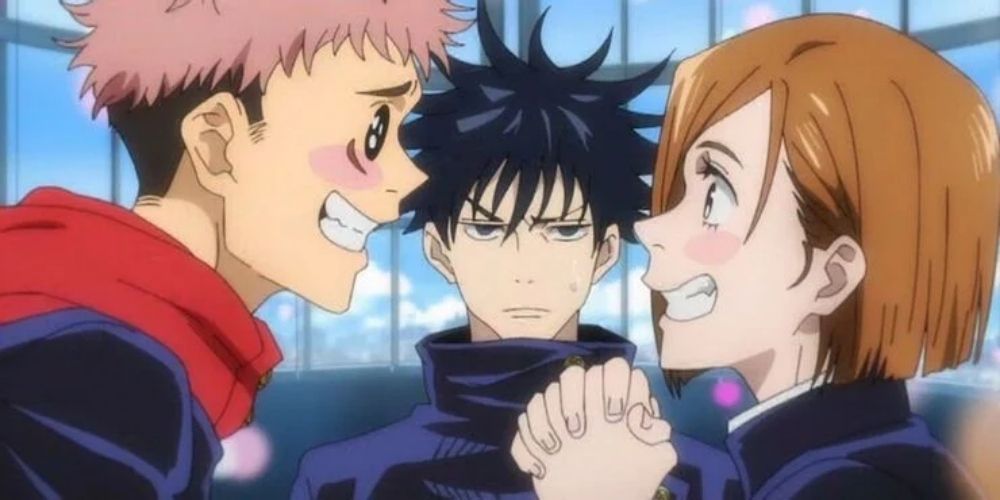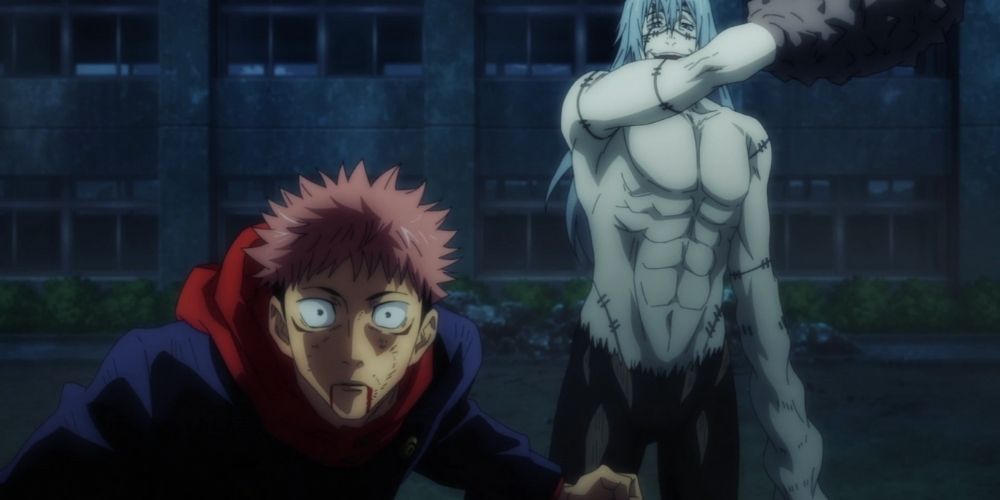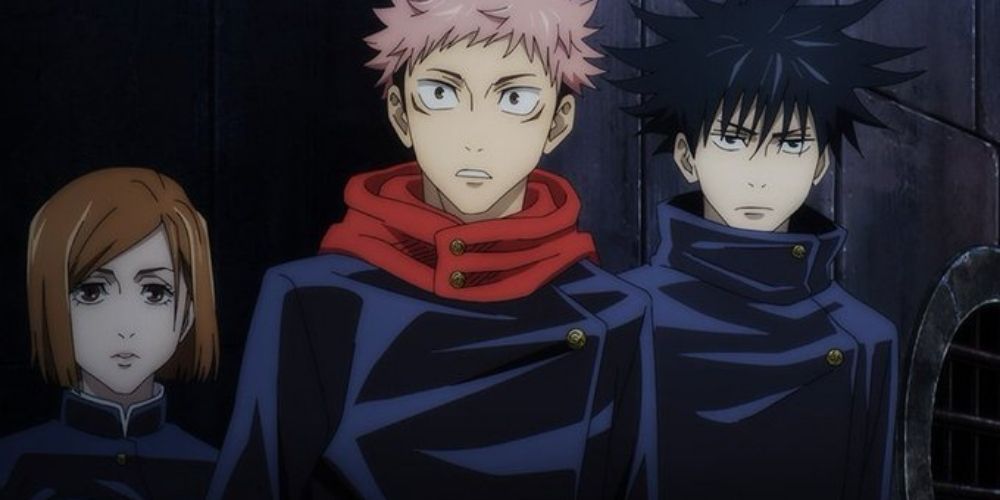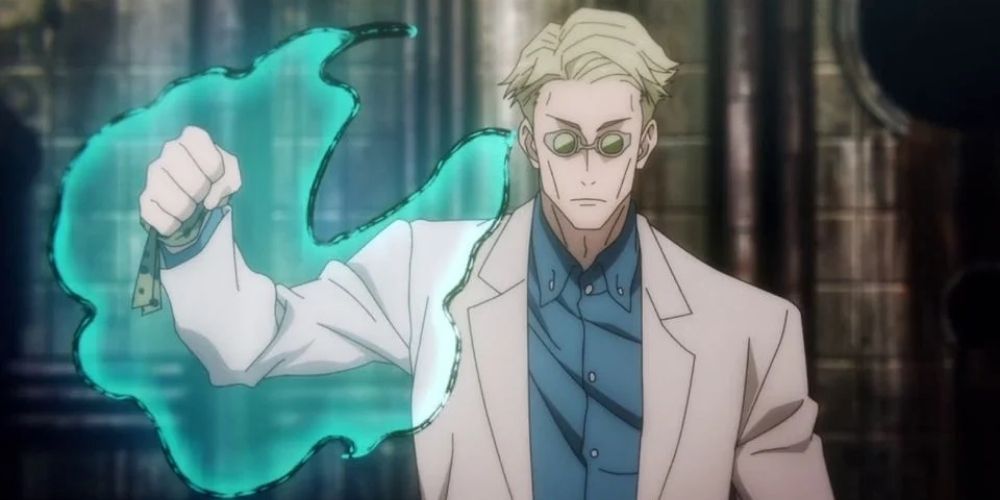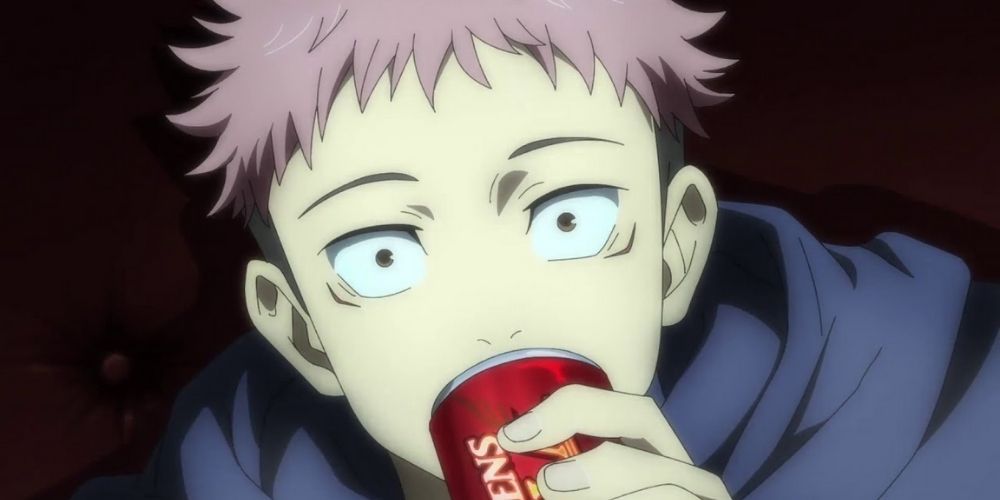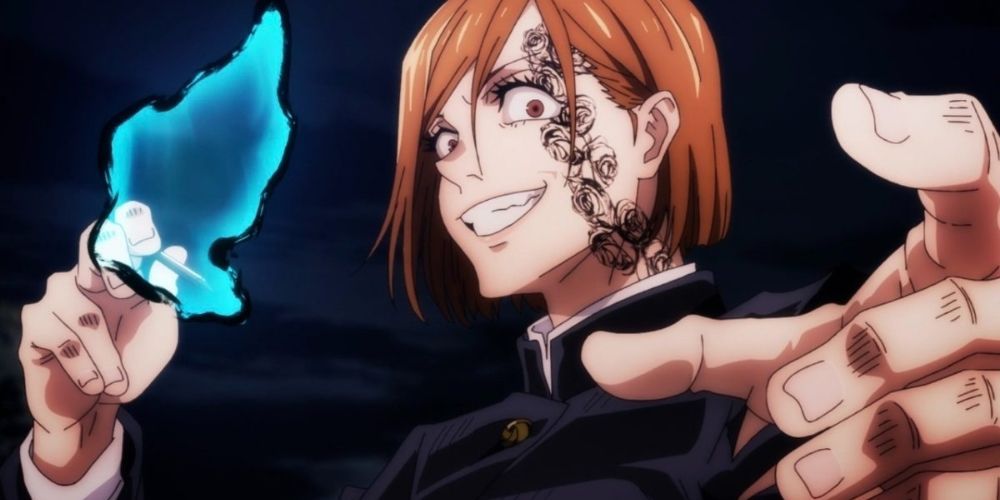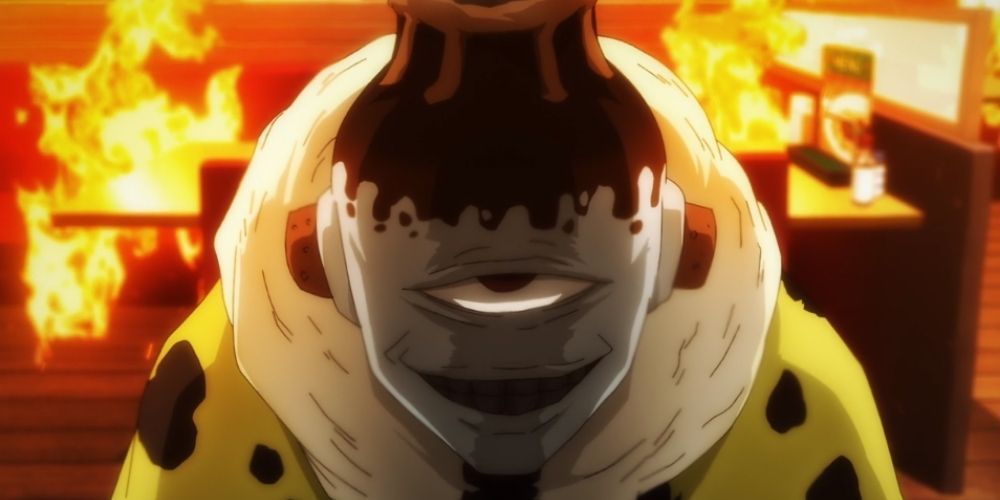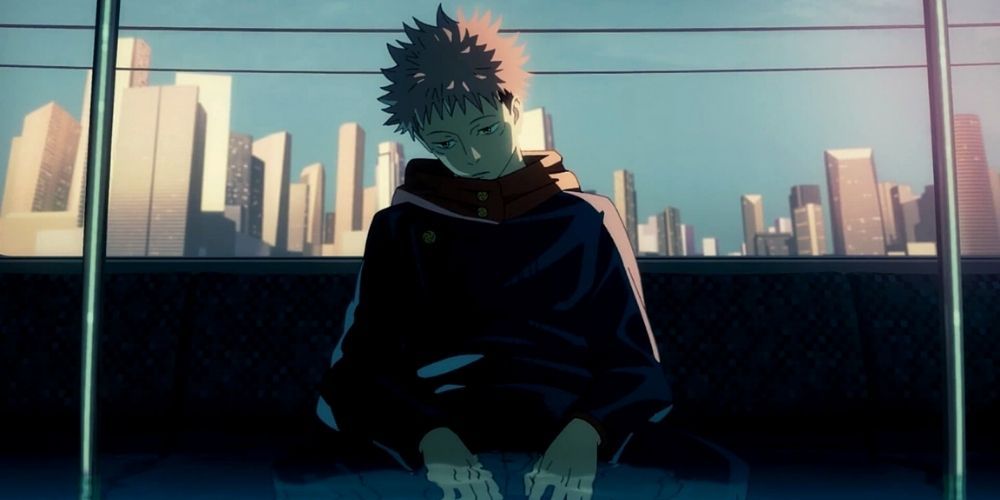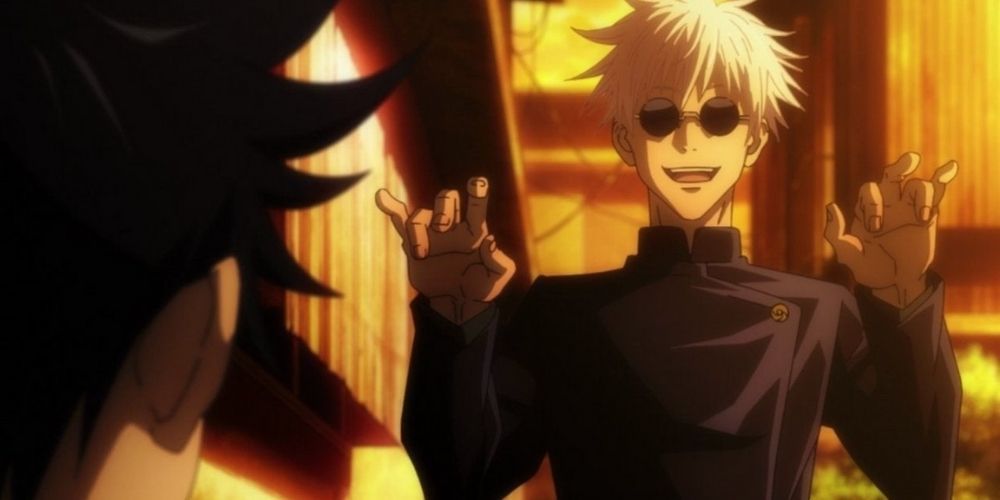There are many tropes that reappear frequently in anime, particularly shonen anime. While some of these tropes are accepted and even appreciated by fans, others are less well-liked and at best tolerated.
Since its premiere in 2020, Jujutsu Kaisen has quickly become one of the most popular new shonen anime. The story is centered around Yuji Itadori, a high school student who is tasked with becoming a jujutsu sorcerer after he is possessed by a powerful Curse. Although the show does repeat some well-known tropes, there are also many that it avoids.
Underpowered Female Characters
From Sakura in Naruto to Asuna Yuuki in Sword Art Online, anime is littered with underpowered female protagonists. While these female characters occasionally get to show their stuff, they are often seen as less powerful than their male peers and often become helpless victims that require saving.
This is not the case in Jujutsu Kaisen. Many of the female characters in the series are competent fighters who can hold their own against Curses and other sorcerers. Despite being frequently separated from the others, Nobara always manages to hold her own and never hopes to be saved. Then there is Maki, who is one of the most physically strong characters in the series even though she lacks any Cursed Energy. The women of Jujutsu Kaisen are no weaklings, much to the delight of their fans.
Tsundere Romantic Relationships
Tsundere is a Japanese term that defines a situation where a character starts out cold or hostile but over time begins to develop warm or friendlier feelings towards another character. It is one of the most common tropes in anime, but despite its overuse is not as loathed by fans due to its penchant for comedy and variability.
However, one iteration of this trope that is frequently scorned is the tsundere romantic relationship, where one character loves another but their feelings are not returned, such as Naruto and Sakura or Asta and Sister Lily. Outside of Aoi Todo's obsession with the idol Takada-chan, Jujutsu Kaisen manages to avoid this particular iteration of the tsundere character.
Incompetent Villains
Fans are well acquainted with the trope of the anime villain who allows the hero to escape or steal a victory through their own incompetence. Over time, this erodes confidence in the villains' ability to defeat the heroes and makes the heroes' victories feel cheap, as the outcome is never in doubt.
Thankfully, this trope has yet to rear its ugly head in Jujutsu Kaisen. In the series so far, all of the Curses have shown a terrifying level of intelligence and competence. Although it is ultimately unsuccessful, Jogo lays a clever trap for Satoru Gojo and attacks him without mercy or pause, while Mahito almost gets the best of Kento Nanami and Yuji on several occasions before he is forced to retreat. The Curses in the series are not guaranteed to lose, and that makes them all the more believable and scary.
A Ridiculously Powerful Student Council
A common trope that is popular in anime is the presence of a ridiculously powerful student council that has the authority to dictate how a school is run. Notable examples are the student councils in Code Geass or Food Wars, where the students seem to have access to unlimited funds and the ability to make decisions carte blanche.
While the main characters in Jujutsu Kaisen are high school students, the show has managed to buck this trend. The series has yet to introduce the concept of a student council, and instead, students appear to operate more as independent units that are managed by school officers and teachers.
Unnecessary Exposition And Monologues
Many anime feature complex plots and unique power systems that require explanation. To accommodate all that information, these anime oft resort to having characters deliver long-winded monologues or include scenes with excessive amounts of exposition.
Jujutsu Kaisen avoids that trap by simply having its characters accept the world the way it is. Yuji accepts that Curses exist, and immediately leans into his fate and new role as a jujutsu sorcerer. Additionally, when characters explain how their abilities work it makes sense because the mere explaining of the ability boosts the speaker's power due to the Binding Vow: Revealing One's Hand. For example, when Nanami explains how his ability works during his fight with Mahito, his cursed energy increases because he met the constraints of his Vow.
Montage Training Sequences
There inevitably comes a time in most shonen anime where the main protagonists need to quickly power up before they can defeat the next villain. At this point, a teacher, grizzled veteran, or legendary loner will arrive and help the hero reach that next power level in record time.
Jujutsu Kaisen is by no means innocent when it comes to increasing its characters' power levels quickly, but this is mostly due to fast pacing and the use of time skips. To learn cursed energy, Satoru makes Yuji watch movies no-stop while channeling his focus into a cursed doll, and it's assumed by the viewer that this takes days or weeks. Later, fans don't even get to see Aoi teaching Yuji how to use Black Flash, as they are supposed to surmise that Yuji could basically already use the technique, he just didn't know how to use the technique.
Overly Sexualized Female Characters
There is a common trend in many anime depicting oversexualized female characters. In fact, an entire subgenre of anime, called ecchi anime, is devoted to playfully fetishizing the female form. Female characters are made out as being overly flirtatious and wear as little clothing as possible to cover their massive chests and rears.
This trope is completely absent in Jujutsu Kaisen, which prefers to cast its female characters as independent warriors rather than objects of male attention. Nobara, Maki, and Mai are all tough as nails, and none of them are depicted as being overtly sexual.
Relatable Villains
The "good guy" villain is a popular anime trope that has appeared in such forms as Light Yagami in Death Note and Stain in My Hero Academia. These villains are depicted as being complex individuals with checkered pasts and questionable motives that could easily have used their powers for good under different circumstances.
Relatable is not the word that comes to mind when thinking about the villains in Jujutsu Kaisen. Curses are the pure embodiment of evil feelings and are devoid of almost all positive human emotions. Mahito tortures humans for fun, and Jogo does not hesitate to incinerate an entire restaurant just to prove a point. The villains are not at all relatable, which is not necessarily a bad thing.
Filler Episodes
Filler episodes are one of the most maligned tropes in anime and come in two different varieties. The first type is the "recap" episode that merely covers the important events of the season or specific moments already covered in previous episodes, while the second type is the more traditional filler episode that has little to nothing to do with the main plot.
Again, Jujutsu Kaisen avoids this trope by staying fast-paced and sticking to the plot. There are no unnecessary scenes or episodes in the first season. When one arc ends another immediately begins with zero interruption. This keeps the audience engaged and the story moving.
Excessive Use Of Flashbacks
Flashbacks are to anime what peanut butter is to jelly, meaning the two simply go together. Almost all anime use flashbacks at some point to explain more about a character's past or further the story. When used well and sparingly, flashbacks can be an effective tool that helps fans to connect to the narrative.
The problem that many anime run into is that they use flashbacks way too often. Every episode may contain a flashback, and some will contain multiple within the space of a few minutes. Fans of One Piece and Naruto know all too well what this looks like. Meanwhile, Jujutsu Kaisen uses almost no flashbacks at all outside of some scenes with Megumi, opting instead for time skips, which keeps the story moving at a brisk pace.

